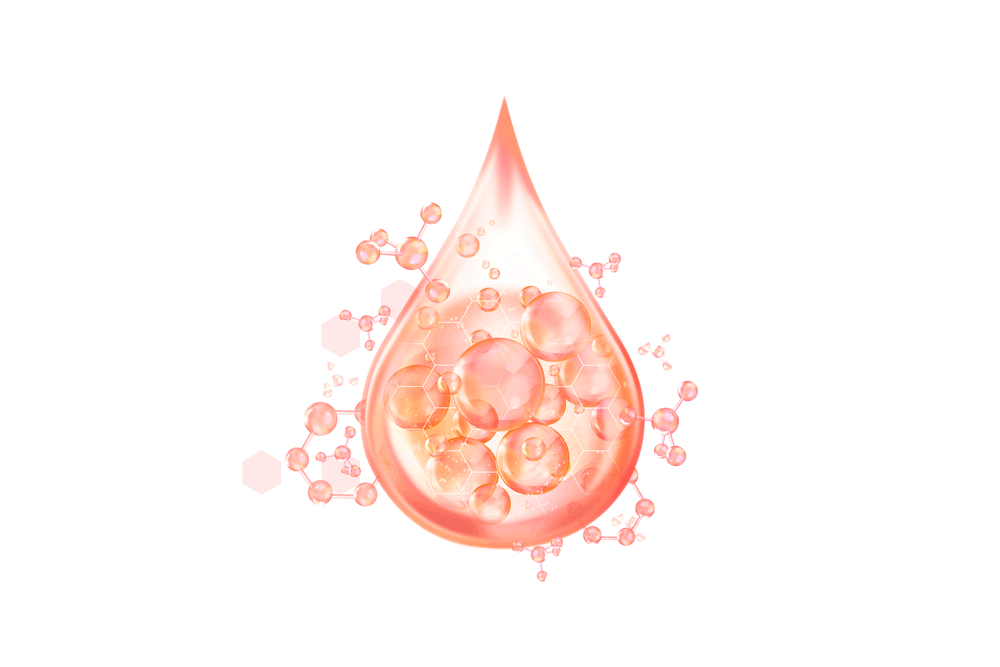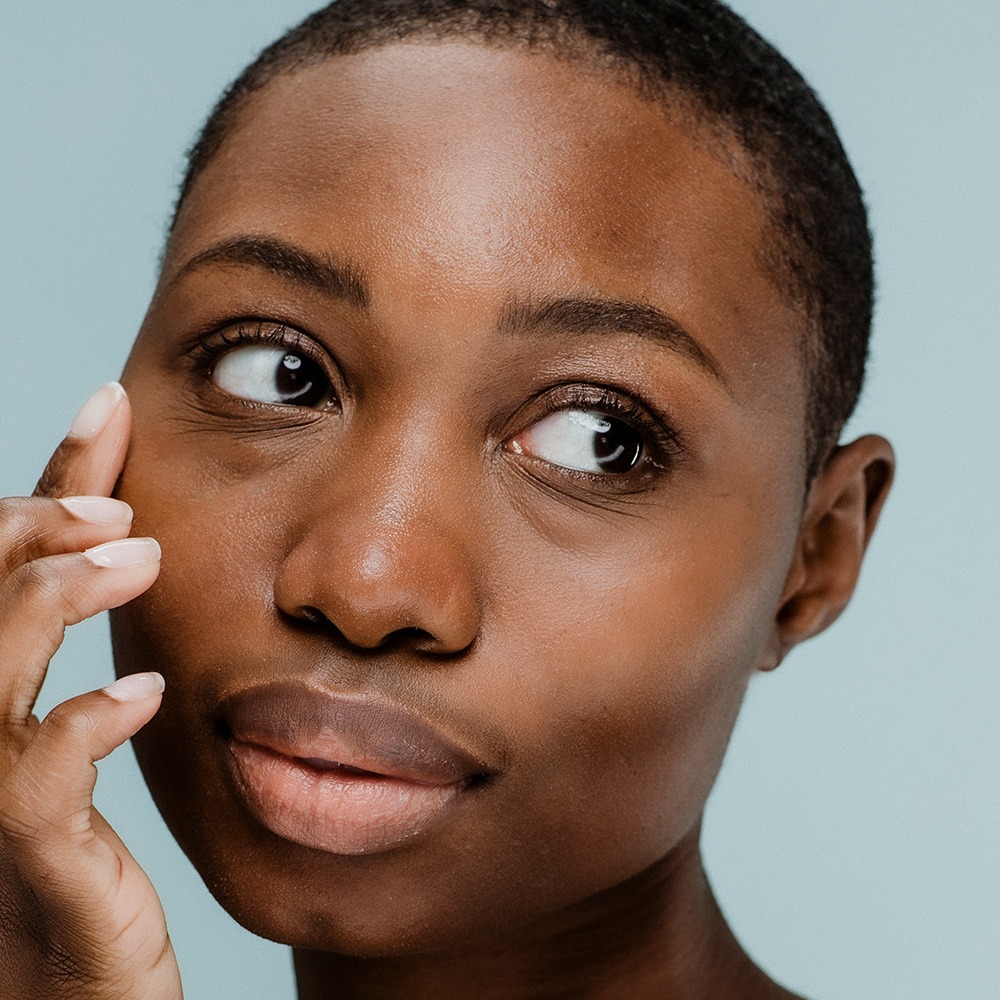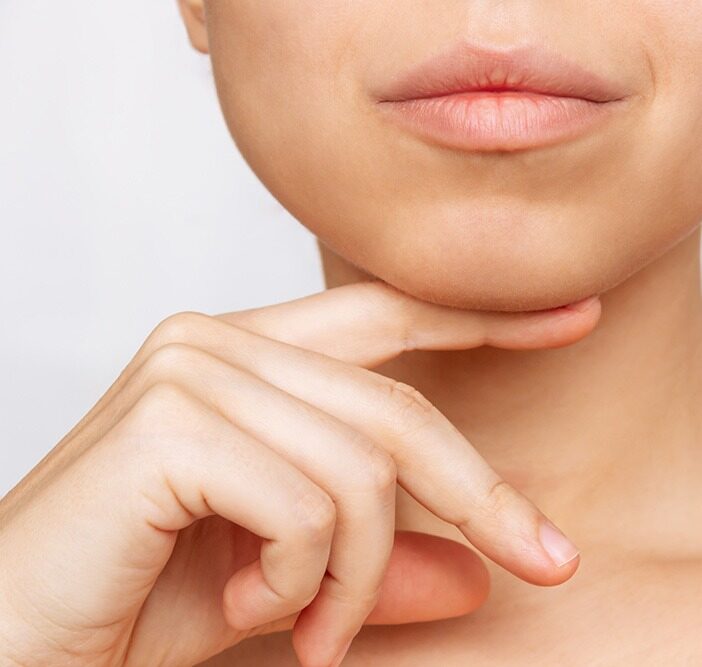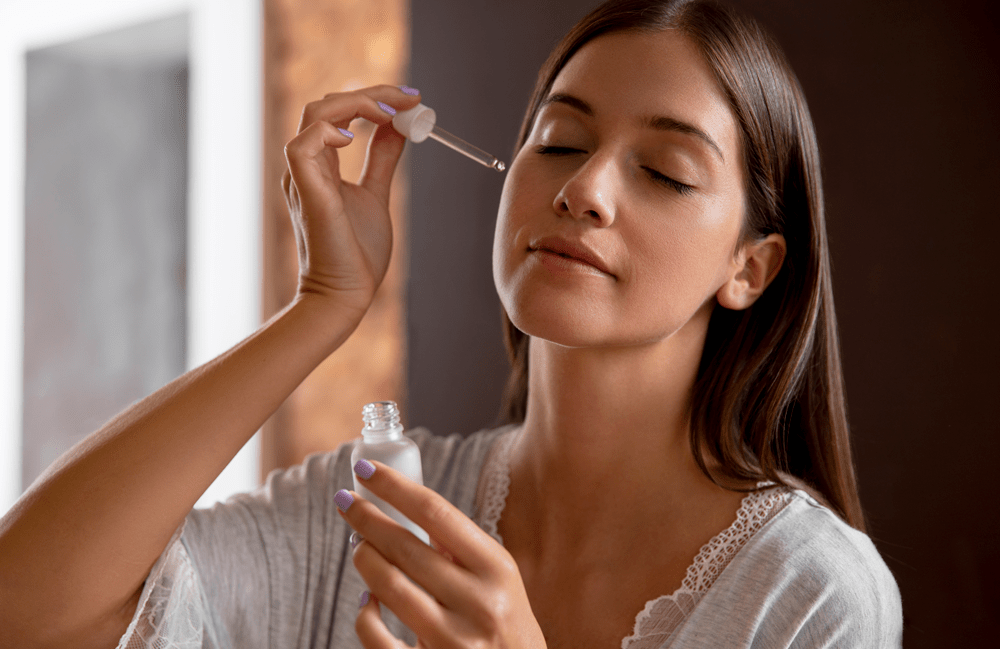Understanding our skin is hard – period. No matter how many relatives we ask, magnifying mirrors we invest in, or +10 step skincare routines we embark on, sometimes getting to the bottom of it all can still feel like wandering alone endlessly and aimlessly throughout a maze of confusion and disconnect. As certified skincare guides, we are proud to tell you how we have cracked the code to help anyone solve their own skin mystery, and it all starts with going back to the beginning. Here is WHERE YOU BEGIN to learn what your skin needs.
Why DNA matters to your skin?
Though DNA can be an infinitely complex subject, our experts have identified 7 essential categories as the best place to start drafting your skin story. With the help of science, we can now understand why our skin behaves the way it does. This is the key to solving your skincare woes. So, grab your lab coats. It’s time to let the science do the talking!

Antioxidant Production
Ever wonder why skincare companies talk about pollution so much? Well, for starters, it’s pretty bad for our skin. So bad that recent epidemiological findings suggest that exposure has been associated with an increased risk of wrinkle formation and premature skin aging!
What’s less talked about is that our bodies’ cells produce antioxidants naturally in varying degrees from one another. Thanks to DNA testing, you can now determine whether or not you require added antioxidant support in our skincare and diet. This knowledge can provide a head start in the preventative aging department. Or, if you naturally produced plenty of antioxidants, fee free to pass on that next wheatgrass shot (you can thank us later for that one.)

Collagen
Collagen has been a popular skincare topic for some time now, and as skin’s top structural protein, we understand why. Collagen makes up about 75% of your skin’s composition and can start declining at a rate of 1-1.5% as early as in our 20s. (Kind of a bummer, we know).
The good news is that collagen loss has become a subject worthy of scientists’ attention, prompting a myriad of effective ingredients that combat loss and boost production to enter the skincare market. Both DNA and lifestyle factors determine how much collagen is lost and how much action you need to take to stop it. This can easily be evaluated with DNA testing!

Fine Lines + Wrinkles
It may sound like a scary subject to some, but now that we have our lab coats on, we can start to break down why fine lines and wrinkles happen and find a solution! Fine lines and wrinkles can be caused by various factors, but collagen and elasticity loss are the most significant contributors.
Collagen and elasticity work together to keep skin flexible, strong, and elastic. When one or the other declines fine lines or wrinkles may occur. Your bone structure, muscle mass, and water retention abilities, cause fine lines and wrinkles to show up at an age unique from when your peers may experience them, and sometimes seemingly overnight.
Your DNA can determine how and when fine lines and wrinkles arrive. Thankfully, there are plenty of proven and accessible topical ingredients that help erase and prevent the appearance of fine lines and wrinkles. With early knowledge of when you might develop the early signs of aging, you arm yourself with a treatment plan that is right for your individual needs and desires!

Pigmentation
Our skin gets its color from melanin, special cells in our skin that make pigments. The amount of melanin our bodies make depends entirely upon our genes. For some of us, our bodies either cannot produce enough or decide to make too much. Low melanin symptoms can result in a patchy loss of skin color, and high melanin can look like patchy dark spots of skin color – both of which are harmless and often even celebrated as unique beauty traits!
Pigmentation can, however, serve as an umbrella term for various anomalies, including age spots, liver spots, and acne scarring. Finding the products and the patience to solve these pesky spots can be frustrating.
Ever wonder why your best friend’s acne disappeared in a day, and yours is still visible after three weeks? Little did you know, your DNA had the answer to that question all along. Ingredients to the rescue! Many acne-safe, natural skincare brighteners have been made readily available and are available with varying degrees of potency. With a simple test, you can now determine what level of targeted action (if any) is ideal for your skin type!

Skin Elasticity
Elasticity is like the scaffolding of your skin. It’s what gives it firmness, maintains its flexibility, and holds its structure. Like a rubber band, elastin decreases over time, as does its ability to snap back into place. This results in the loss of firmness and the emergence of fine lines, and wrinkles. Although we haven’t figured out how to invent the time machine (yet), we do have some gravity-defying tricks up our sleeves for improving elasticity loss. And, it starts with knowledge.
Knowing how much elastin your skin makes is crucial to developing your skin’s story! There are a variety of skin firming solutions (both invasive and non-invasive and at various price points) on the market. You can save serious money, risk, and downtime in the future by discovering your skin’s needs and choosing supportive ingredients and treatments to invest in TODAY!

Skin Sensitivity
Sensitivity is the most complex skin mystery because symptoms can range from acne to rashes to dryness and even unexplained redness. Our good friend DNA governs most allergies and intolerances that trigger irritations. Reactions to fragrances are often the first to blame. However, the real culprit can be anything from a change in climate to essential oils or other popular cosmetic ingredients.
When it comes to skin sensitivity, your detective hat must remain on as you investigate what is happening, why it is happening, and how to prevent it from happening again. With your DNA report as a tool, retracing your steps can feel less like looking for a needle in a haystack and more like selecting your favorite flavor of ice cream!

Sun Protection
Each of us has varying degrees of natural UVA and UVB protection. When your skin is exposed to sunlight or blue light, a photochemical process that assists in breaking down UV rays before they can cause harm occurs. All of us can use extra sun support, but some of us need it more. Without a DNA test, your best indicator for needing sun exposure tolerance will likely be a sunburn – which isn’t the most ideal (or scientific) method.
Evidence shows that incorporating broad-spectrum sunscreen daily can help slow down the skin’s aging, making it the NUMBER ONE step everyone should add to their routine. Yudoyu’s simple DNA test can tell you what degree of SPF would be best for you!


